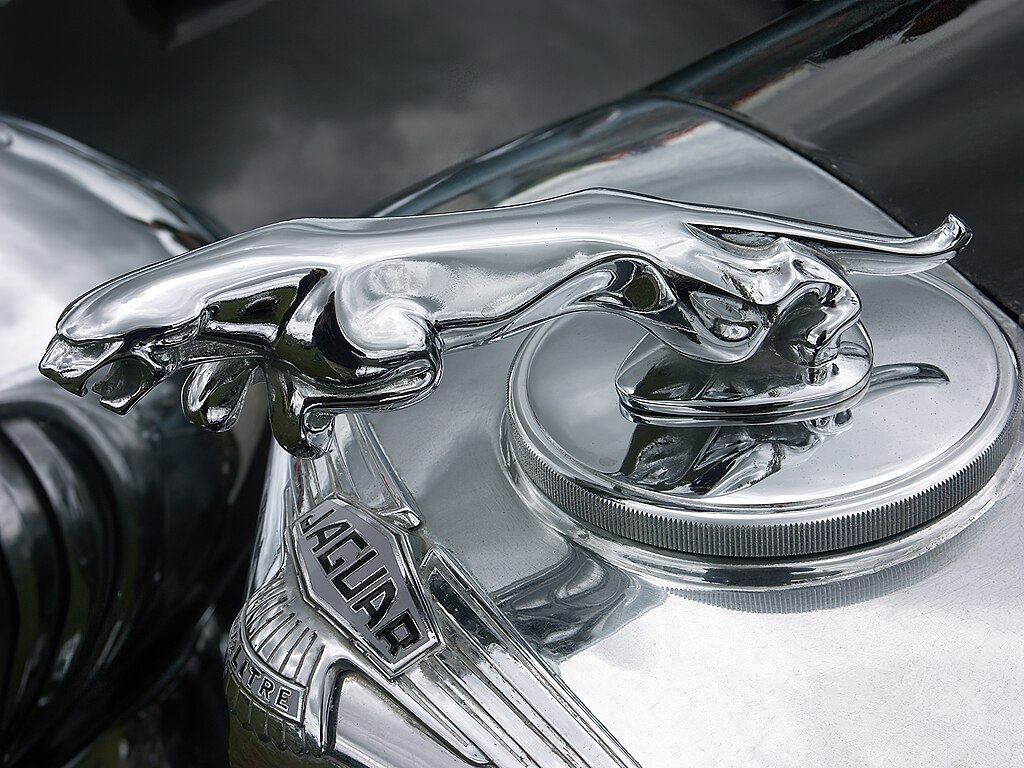Can Dodge muscle into the electric vehicle market?
In late 2022, Tim Kuniskis, CEO of the Dodge brand (part of the Netherlands-based Stellantis automobile corporation), announced that 2023 would be the last production year for its popular “muscle car” models, the Dodge Charger and Challenger. These successful, internal combustion engine (ICE) models were to be replaced in 2024 with a single battery electric vehicle (BEV), the Dodge Charger Daytona SRT Banshee. Dodge’s proud brand history, nevertheless, had been built in great part on its reputation as a top-selling, performance “muscle car” manufacturer. Could Kuniskis and Dodge “muscle their way” into the electric vehicle market? Or, was this decision a strategic misstep? What other reasons might Dodge have had for making this move? Also, now that gas would no longer be required for the new, electric vehicle model, and given Stellantis’ global presence, was there room for international expansion?
- Brand management
- Positioning
- International strategy
- Change management
Stellantis Group, Automotive, Automotive, Automobiles
2022-2024
Cranfield University
Wharley End Beds MK43 0JR, UK
Tel +44 (0)1234 750903
Email [email protected]
Harvard Business School Publishing
60 Harvard Way, Boston MA 02163, USA
Tel (800) 545-7685 Tel (617)-783-7600
Fax (617) 783-7666
Email [email protected]
NUCB Business School
1-3-1 Nishiki Naka
Nagoya Aichi, Japan 460-0003
Tel +81 52 20 38 111
Email [email protected]
IMD retains all proprietary interests in its case studies and notes. Without prior written permission, IMD cases and notes may not be reproduced, used, translated, included in books or other publications, distributed in any form or by any means, stored in a database or in other retrieval systems. For additional copyright information related to case studies, please contact Case Services.
Research Information & Knowledge Hub for additional information on IMD publications
BARCELONA, JANUARY 2023. What started in 2016 as a humble entrepreneurial attempt to contribute to a more sustainable future had turned into a solid eyewear brand present in major Western markets. François van den Abeele was even more excited by t...

Consumer preferences are increasingly favoring brands with a strong local identity. The reasons for this trend include environmental concerns and challenges in our fast-paced, interconnected world. Global crises -- such as the COVID-19 pandemic, c...
Case reference: IMD-2665 ©2025
Research Information & Knowledge Hub for additional information on IMD publications
Research Information & Knowledge Hub for additional information on IMD publications
Research Information & Knowledge Hub for additional information on IMD publications
in I by IMD
Research Information & Knowledge Hub for additional information on IMD publications
Research Information & Knowledge Hub for additional information on IMD publications
Research Information & Knowledge Hub for additional information on IMD publications
in Binder, Julia Katharina (Ed.); Haanaes, Knut Bjarne (Ed.) / Leading the sustainable business transformation: A playbook from IMD, pp. 127-136 / Hoboken: Wiley, 2025
Research Information & Knowledge Hub for additional information on IMD publications
in Binder, Julia Katharina (Ed.); Haanaes, Knut Bjarne (Ed.) / Leading the sustainable business transformation: A playbook from IMD, pp. 151-165 / Hoboken: Wiley, 2025
Research Information & Knowledge Hub for additional information on IMD publications
in FamilyBusiness.org 28 October 2024
Research Information & Knowledge Hub for additional information on IMD publications
in I by IMD
Research Information & Knowledge Hub for additional information on IMD publications







